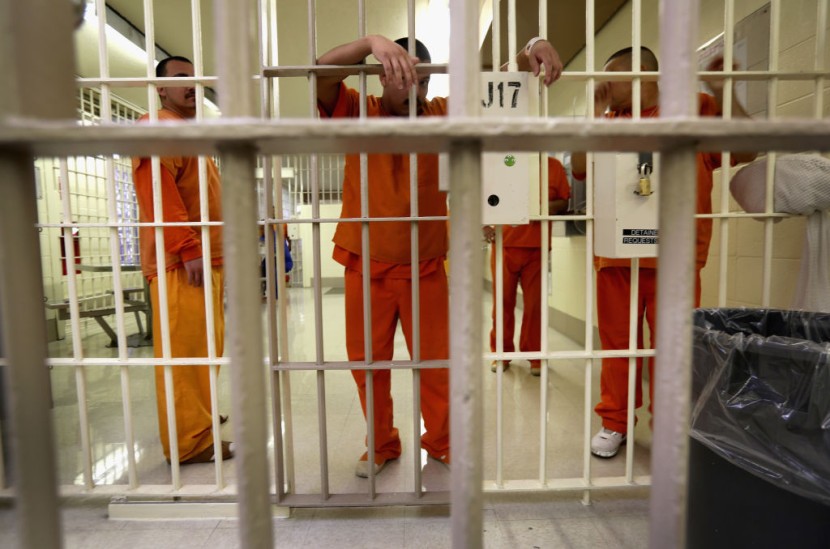New York's prison system, where more than 2,000 prisoners faced punishment based on false positive drug test results.
These flawed tests led to severe consequences, including solitary confinement, the suspension of family visits, and the cancellation of parole hearings for inmates. The report, released on Thursday, highlights a breakdown in the prison system's testing protocols, as per NBC New York.
Flawed Prison Drug Tests Uncover Injustices

The tests in question were conducted by Sirchie Finger Print Laboratories and were employed by the Department of Corrections and Community Supervision (DOCCS) to identify drugs in prison contraband.
Manufacturer instructions clearly indicated that these tests should be regarded as presumptive and in need of confirmation by a laboratory. However, prison staff used positive results from unconfirmed tests as the basis for disciplinary actions against inmates, as the report revealed.
In August 2020, DOCCS officials alerted the Inspector General to the inconsistent instructions provided with the tests, which could lead to false-positive results. Subsequently, the Inspector General's office recommended that prison officials cease disciplining inmates based on positive tests until confirmation by an independent laboratory was obtained.
DOCCS promptly complied with this recommendation and began rectifying the disciplinary records of inmates who had been unjustly punished due to these flawed tests.
The investigation conducted by the Inspector General's office found that the drug test instructions were inconsistent, contradictory, and sometimes inaccurate. Furthermore, Sirchie Finger Print Laboratories failed to identify these issues or inform DOCCS officials of revised or updated instructions.
The report also highlighted that prison staff administering the tests failed to adhere to protocols meant to prevent the misidentification of contraband or the cross-contamination of samples, thus undermining the accuracy of even preliminary results.
In addition to the disciplinary actions mentioned earlier, affected inmates also lost privileges such as receiving packages, accessing commissary services, and using the phone, according to Daily Voice.
Read Also: UK: Ambulance Delays Concern Coroners
Reforms Urged in New York Prisons After Drug Test Errors
The report recommended that New York state prisons provide additional training to testing officers and require them to report any potential discrepancies to their supervisors. It also called for the tracking of drug test results through a central inventory system to monitor trends and potential errors.
Inspector General Lucy Lang, who conducted the investigation, emphasized that the changes in policy and record expungements resulting from the report represent steps toward ensuring integrity within the prison system.
The Department of Corrections and Community Supervision acknowledged the issue with the drug tests in August 2020, nearly a year after the tests were introduced to state correctional facilities. Based on the findings of the investigation, the department reversed and expunged 704 disciplinary infractions based on positive test results and reduced the guilty charges to another 2,068 infractions.
The department later contracted an outside lab for confirmatory testing and created a new position responsible for ensuring that drug testers followed appropriate instructions.
While the detection and removal of illegal substances are crucial, the department emphasized that it must be done with accuracy and fairness.
This is not the first time the department has faced issues with false positive drug test results. A previous investigation in 2022 revealed that the state correctional agency disciplined inmates based on inaccurate results from another type of drug screening test made by the manufacturer Microgenics Corp.
The state's contraband drug testing program requires two tests for suspected illegal substances, with the first being a presumptive test that must be confirmed by an outside lab. The report found that even in these preliminary tests, prison staff often failed to carry them out reliably, potentially leading to false positives.
Despite efforts to curb the flow of illegal drugs in prisons, including restricting packages from families and routinely screening prisoners, the report suggests that New York's Department of Corrections and Community Supervision continues to face challenges in this regard, Syracuse reported.








